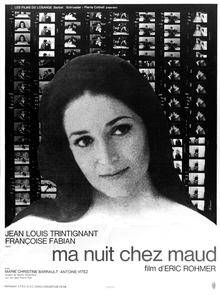Lady in the Lake (1947)

I'm not sure how this one flew under our radar for as long as it did. Lady in the Lake is an adaptation of a Raymond Chandler Philip Marlowe mystery filmed almost entirely in first person from the perspective of Marlowe. Because of this, the movie is both directed and starring Robert Montgomery. Lady in the Lake is fascinating as a concept, yet somehow excruciatingly boring in execution. The solution to the mystery is needlessly complicated and poorly portrayed. Characters central to the mystery never appear on film, and significant sequences of Marlowe's investigation are skipped over and instead described in conversation. Most notably, the titular lady is never actually shown, nor is the lake, which is arguably the most significant location in the mystery. It honestly feels as though they couldn't find or afford a location, so they rewrote the script at the last minute. The plot is too convoluted to explain sequentially, so here's the idea. Marlowe is hired by Adrienn...






